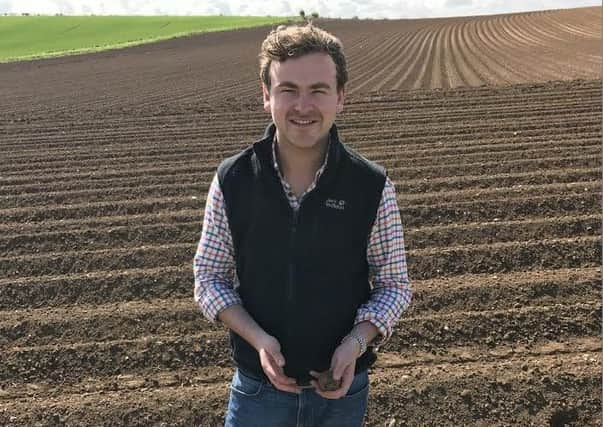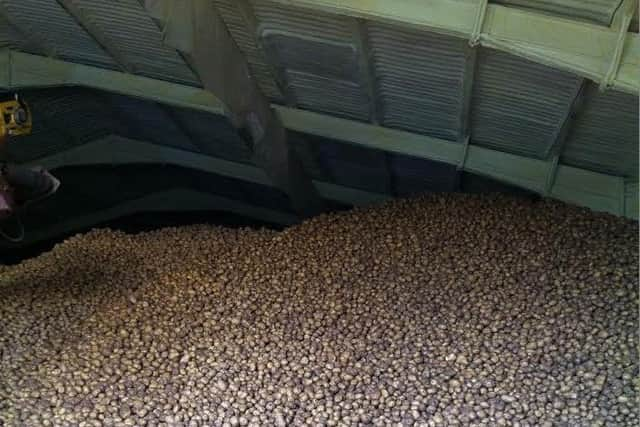Comment: Trust in good science and allow farmers to deliver


The effects of the Great Famine in Ireland are well documented. Low genetic diversity, coupled with blight arriving in Ireland in the mid-1800s, destroyed vast swathes of potato crops and had serious ramifications on future harvests through lack of seed.
Blight in potatoes is still an issue today but thanks to advances in crop science and plant-breeding, growers and agronomists have the tools at their disposal to better manage the disease.
Advertisement
Hide AdAdvertisement
Hide AdToday, I work for the crop science business Monsanto, I am also a member of the Future Farmers of Yorkshire group, supported by the Yorkshire Agricultural Society. I work specifically with the active substance glyphosate, better known to many as Roundup. Glyphosate is scheduled for re-approval by the European Commission later this year but emotional arguments rather than evaluation based on ‘good science’ are threatening its future use. Other technologies are also at threat which could impact upon food security.


The abundance of safe, affordable food on supermarket shelves is something we perhaps all take for granted. In 2050, nine billion mouths will need feeding three times a day. Rather than turning our back on science in agriculture, we should empower our farmers to be able to choose technologies that are available, and found to be safe, to ensure Britain and Europe does not become dependent on imports and that our farmers are competitive.
However, if we are to embrace science, we also need to address common misconceptions regarding its use in farming, honestly and openly, so that the public understand the benefits it brings in terms of food safety, affordability and availability.
The disconnection between people and food production allows a breeding ground for misconceptions regarding farming and it is vitally important that we address these. It is for this very reason why events such as Springtime Live, held at the Great Yorkshire Showground on Monday, May 1, are so worthwhile. It is at events such as this where the public learn about food and farming in a fun, hands-on way.
Advertisement
Hide AdAdvertisement
Hide AdLater this year, in June, I will be helping with an arable workshop at Countryside Days, organised by Yorkshire Agricultural Society, where around 6,000 primary school children, from across Yorkshire, will be learning more valuable lessons about farming and how our food is produced.


It is my view that, ultimatley, a move away from science in Europe would be a step in the wrong direction. If we were to step away from science, we would require more land and resources to produce the same amount of food which would lead to negative effects on the environment, biodiversity, and more directly for the consumer, price increases at the checkout.
In an era of increasing nationalist interest and erratic weather patterns, can we afford to stand still whilst our international counterparts become more efficient through the adoption of rigorously tested ‘good science’ in agriculture and we do not?
Thomas Scanlon is a member of the Future Farmers of Yorkshire group which was established by the Yorkshire Agricultural Society. The Society continues to support and run the organisation which brings together younger farmers, vets and industry supporters. For more details, email [email protected]